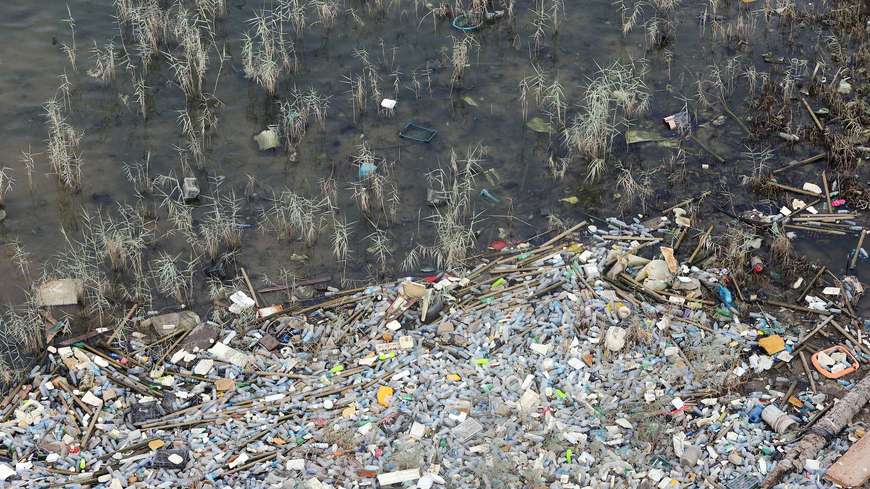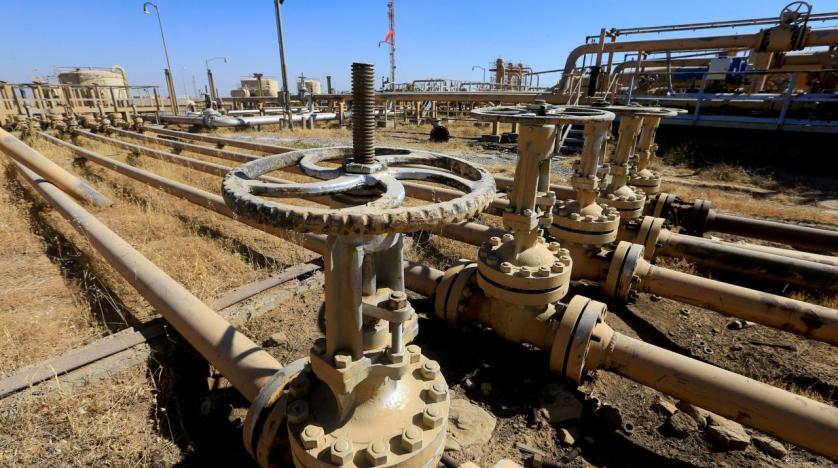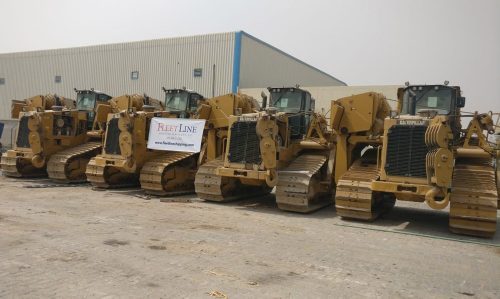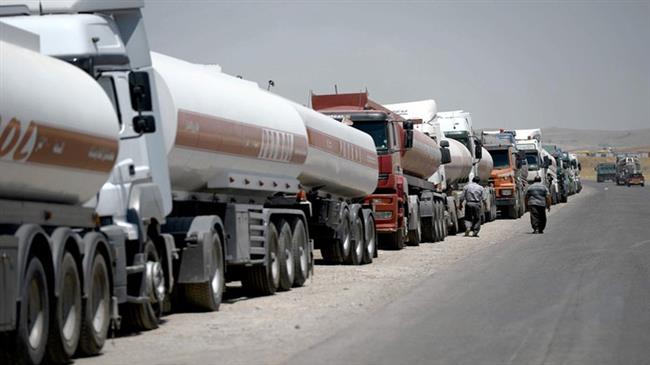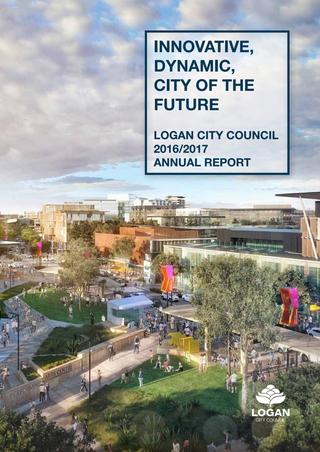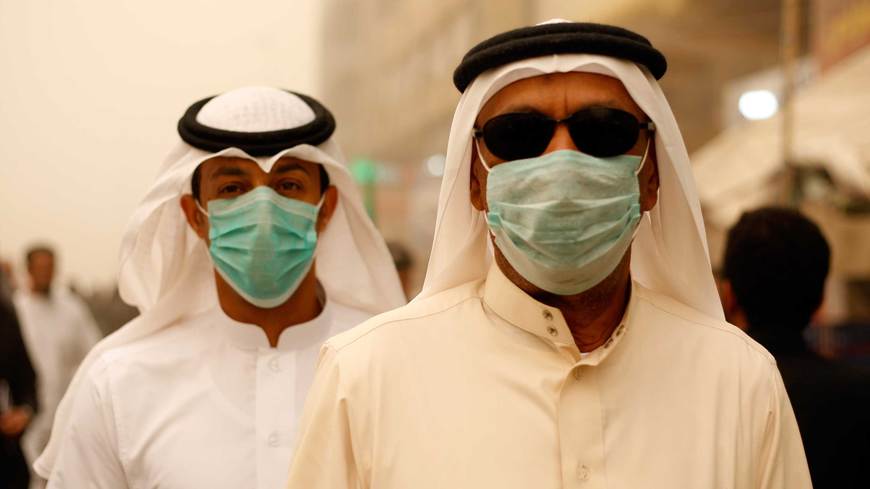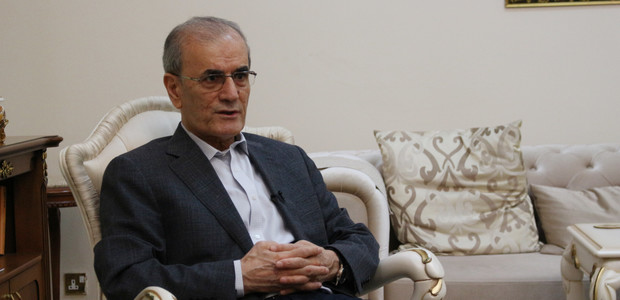By Padraig O’Hannelly.
Building a successful business means delivering what you promise.
When I recently needed to go to Baghdad at short notice, I remembered a conversation I had with Abir Burhan, Operations Director of Al-Burhan Group: “Any time you want to go to Iraq,” he said, “we can take care of your visa, flights, accommodation and security – just give me a call.”
So I did, and a few days later I was on a plane from London Gatwick to Baghdad with Iraqi Airways, booked via IKB Travel; conveniently, a direct flight, which saves the time and trouble of getting a connecting flight somewhere else.
Staying at the Al-Burhan Centre, just minutes from the terminal building at Baghdad International Airport, was also very convenient, and probably the most secure location in Baghdad, situated as it is within the heavily guarded airport complex.
While in Iraq, I (and my family!) also needed to know that I’d be safe when travelling about in the capital; Gethin Wilson, Operations Manager at Al-Burhan Security, and his highly professional team, ensured that I was always where I needed to be, on time and in total safety.
But it’s not just about convenience and security. The success of the Al-Burhan Centre owes as much to the friendliness and hospitality of its people as it does to their efficiency and professionalism.
These factors are even more important for those staying long-term. Many of the guests at the Al-Burhan Centre are ex-pats, staying on rotations that can last weeks or months at a time, so it’s important not only that that they feel safe, but also that they are well catered for and enjoy their time at the centre.
George Mansour and his staff really understand that excellent food and a comfortable and friendly environment are essential for well-being, morale and productivity. And despite all the good food, there’s no excuse for putting on weight, as the centre even has two gyms to help work off the calories.
The al-Burhan family have created a real home from home, and take seriously the sign in their office: “Only promise what you can deliver.”






